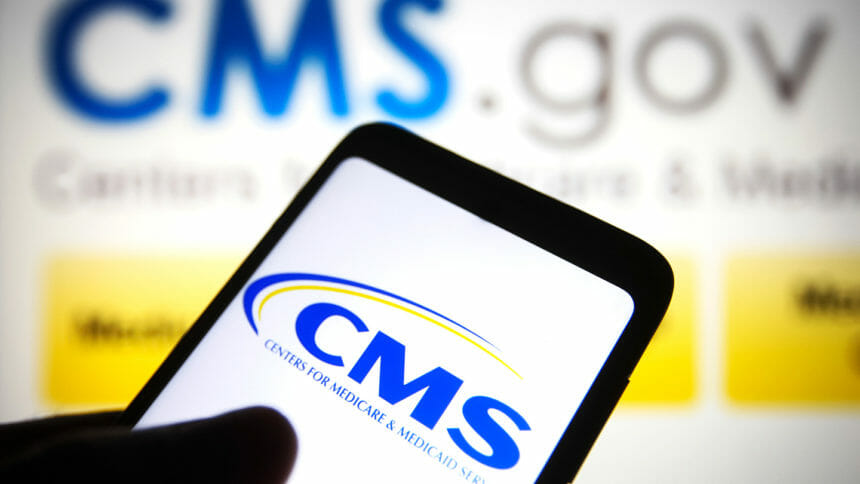
A final audit rule that may cost Medicare Advantage plans billions of dollars in recouped reimbursements from the federal government could have a ripple effect on home care firms. That’s according to Tyler Overstreet Cromer, ATI Advisory principal and Medicare innovation practice head.
While potential recoupments from the Centers for Medicare & Medicaid Services’ proposed Risk Adjustment Data Validation (RADV) audits are not scheduled to begin until 2025, Cromer told McKnight’s Home Care Daily Pulse the change could have an impact on supplemental benefits, such as home care services, down the road.
“The sentinel effect of these policies could be extensive for MA plans, and we may see significant changes to plan offerings and design in response to the new RADV rule,” Cromer said.
CMS issued the rule late Monday. It is intended to stop overpayments to Medicare Advantage Organizations and recoup money already paid in instances where the beneficiary’s medical record does not support medical diagnoses submitted for risk-adjusted payments. Under the rule, CMS will extrapolate RADV overpayments beginning with the payment year 2018. CMS estimates it could recoup an average of $9.5 million per contract.
Humana President and CEO Bruce Broussard told analysts during an earnings call Wednesday his firm is reviewing the rule. However, Broussard said he was disappointed the rule does not include a fee-for-service adjustment, which would allow MA plans errors in data from traditional Medicare plans.
“We believe [the adjustment] is necessary to determine appropriate payment amounts to MA organizations,” Broussard explained. “We are considering all our options to address our challenges and obtain clarity about our compliance obligations. We are committed to working productively with CMS to ensure that the integrity of the program is maintained and beneficiaries do not face higher costs and reduced benefits as a result of this rule.”
The Social Security Act requires CMS to risk-adjust payments to MAOs. CMS pays MA plans a monthly amount for each beneficiary enrolled in a plan. The amount is adjusted to account for differences in health status among enrollees. Risk-adjusted payments are based on medical diagnoses submitted by MAOs and must be supported by enrollees’ medical records to ensure payments are accurate
According to government audits obtained by Kaiser Health News, CMS overpaid MAOs millions of dollars between 2011 and 2013. The firms overpaid the most were Humana at $2.97 million, followed by Cigna at $1.74 million. The report found a little more than 30 MA plans were overpaid during that time, while nine were underpaid.
MA plans have been growing in popularity because they are less expensive than traditional fee-for-service Medicare plans. Many have been expanding their menus of supplemental services to include home care, transportation, handyman services and meals.



